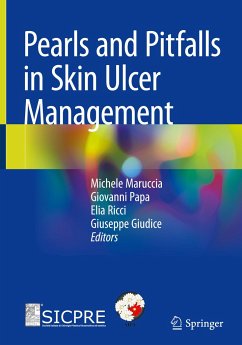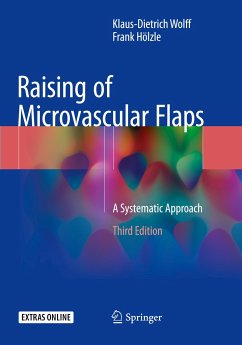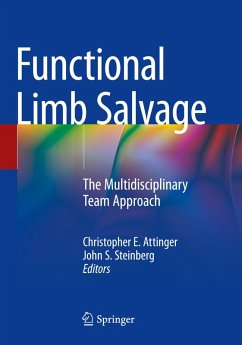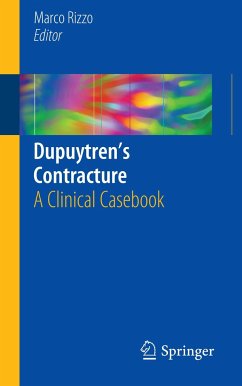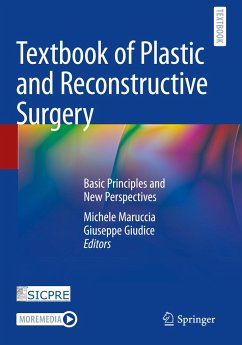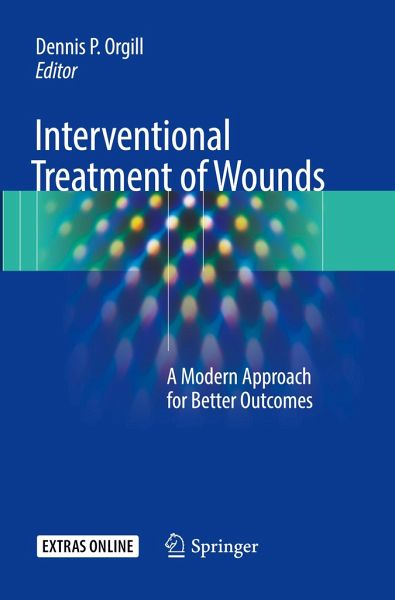
Interventional Treatment of Wounds
A Modern Approach for Better Outcomes
Herausgegeben: Orgill, Dennis P.
Versandkostenfrei!
Versandfertig in 6-10 Tagen
98,99 €
inkl. MwSt.

PAYBACK Punkte
49 °P sammeln!
Our aging population, combined with an increase incidence of both diabetes and obesity, has fueled the need for better care of acute and chronic wounds associated with these diseases. Interventional Wound Healing focuses on what modern surgery can do to accelerate the healing of such wounds. Utilizing case studies alongside background and in-depth analysis for each technique with color images and videos, this book is intended to guide the reader in surgical and non-surgical procedures to assist with wound closure.Edited by the medical director of the Brigham and Women's Hospital Wound Care Cen...
Our aging population, combined with an increase incidence of both diabetes and obesity, has fueled the need for better care of acute and chronic wounds associated with these diseases. Interventional Wound Healing focuses on what modern surgery can do to accelerate the healing of such wounds. Utilizing case studies alongside background and in-depth analysis for each technique with color images and videos, this book is intended to guide the reader in surgical and non-surgical procedures to assist with wound closure.
Edited by the medical director of the Brigham and Women's Hospital Wound Care Center, Interventional Wound Healing takes the plastic surgeon's point of view on wound care and various surgical and non-surgical interventional treatments. Where the typical wound care book addresses bandaging and dressing of various surface wounds, Interventional Wound Healing delves into the surgical and interventional procedures that can effectively treat both acute and chronic wounds. Written for wound care professional including physicians, podiatrists, nurses, residents and students this book features three distinct sections covering surgical methods and techniques, amputation, and interventional techniques, paying special attention to skin grafts, flaps, and substitutions, as well as arterial and venous interventions.
Edited by the medical director of the Brigham and Women's Hospital Wound Care Center, Interventional Wound Healing takes the plastic surgeon's point of view on wound care and various surgical and non-surgical interventional treatments. Where the typical wound care book addresses bandaging and dressing of various surface wounds, Interventional Wound Healing delves into the surgical and interventional procedures that can effectively treat both acute and chronic wounds. Written for wound care professional including physicians, podiatrists, nurses, residents and students this book features three distinct sections covering surgical methods and techniques, amputation, and interventional techniques, paying special attention to skin grafts, flaps, and substitutions, as well as arterial and venous interventions.





